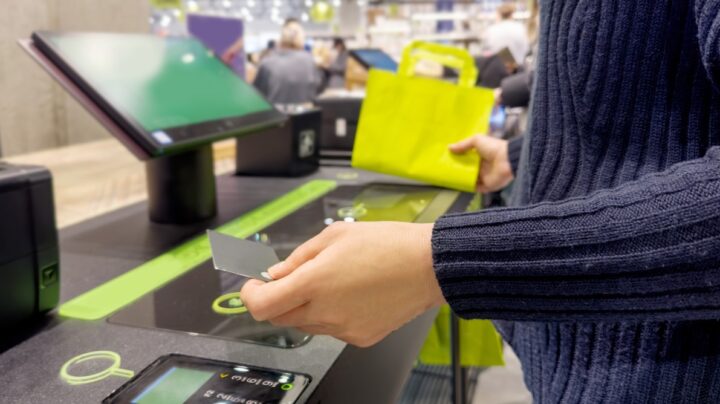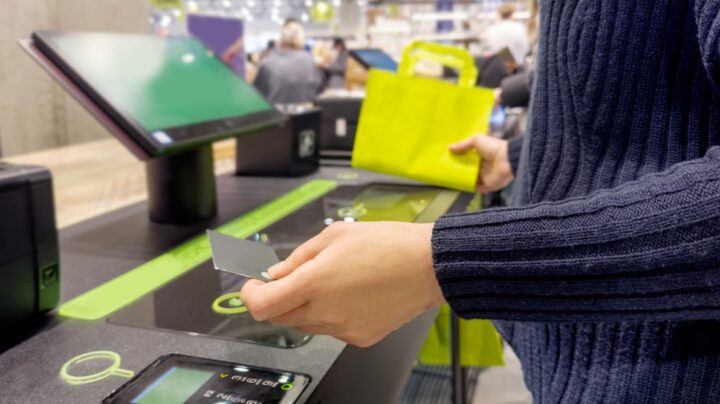Using POS in Bookstores and Libraries: Simplifying Sales and Operations

In today’s digital-first world, even traditional spaces like bookstores and libraries are evolving. While the smell of fresh pages and the joy of finding a good read remain unchanged, how we manage and operate these spaces has transformed significantly. One of the biggest game-changers? Point of Sale (POS) systems.
Whether you’re running a small independent bookstore or managing a bustling public library, a POS system can help streamline operations, enhance customer service, and provide powerful insights into day-to-day performance.
What is a POS System?
A POS system is more than just a way to process payments. It’s an all-in-one tool for sales tracking, inventory management, customer engagement, reporting, and staff monitoring. In bookstores and libraries, where inventory changes frequently and customer interaction is key, having a centralized system can make a significant difference.
Benefits of POS Systems in Bookstores
1. Efficient Checkout Process
In a busy bookstore, long queues can lead to customer frustration and lost sales. A modern POS system ensures quick and seamless transactions, supporting multiple payment types—from cash and cards to digital wallets and gift vouchers. Touchscreen interfaces and barcode scanners further speed up the process, making checkout fast and efficient.
2. Accurate Inventory Management
Managing hundreds or thousands of book titles manually is not just time-consuming—it’s also prone to error. POS systems automatically track inventory in real time. When a book is sold, returned, or restocked, the system updates instantly. This not only helps in keeping shelves organized but also prevents overstocking or running out of popular titles.
Some POS systems even allow you to set alerts for low stock levels, helping you reorder books before they run out—ensuring customers always find what they’re looking for.
3. Customer Loyalty Programs
Building a loyal customer base is key for independent bookstores. POS systems can help by storing customer data, purchase history, and preferences. With this information, you can offer tailored promotions, book recommendations, or rewards—like points for every purchase or discounts on a customer’s birthday.
This level of personalization fosters a deeper connection with your audience and encourages repeat visits.
4. Sales and Performance Reports
Knowing which titles are bestsellers, what times of day are busiest, and how well your promotions are working is crucial for growth. POS systems provide detailed reports on all aspects of sales and operations, allowing bookstore owners to make data-driven decisions about inventory, staffing, pricing, and marketing.
How POS Helps Libraries Function Better
Libraries might not “sell” books in the traditional sense, but they still benefit enormously from using POS-style systems—especially those adapted for lending, membership management, and event coordination.
1. Streamlined Lending and Returns
POS systems designed for libraries can handle book checkouts and returns with ease. Scanning library cards and barcodes on books allows for faster transactions and fewer errors. The system can also send automated reminders for due dates, making the borrowing process smoother for patrons.
2. Member Management
Libraries often have hundreds or even thousands of members. A POS system helps manage this database efficiently, tracking borrowing history, membership expiration, and fines. Staff can access a member’s activity in seconds, improving service and accountability.
3. Event and Room Booking
Libraries frequently host workshops, author talks, and community meetings. POS systems can assist with event scheduling, ticketing (if applicable), and room reservations, keeping all logistics in one place.
Final Thoughts
Whether you’re running a cozy bookshop or managing a busy library, implementing a POS system is no longer a luxury—it’s a necessity. These systems make daily operations faster, smarter, and more customer-friendly. With features like inventory tracking, detailed reporting, customer management, and more, POS systems can transform how bookstores and libraries function.






